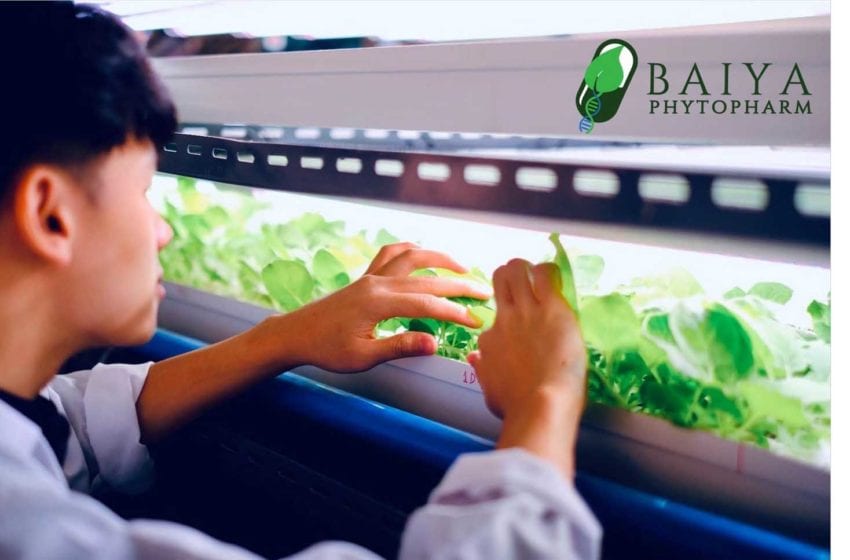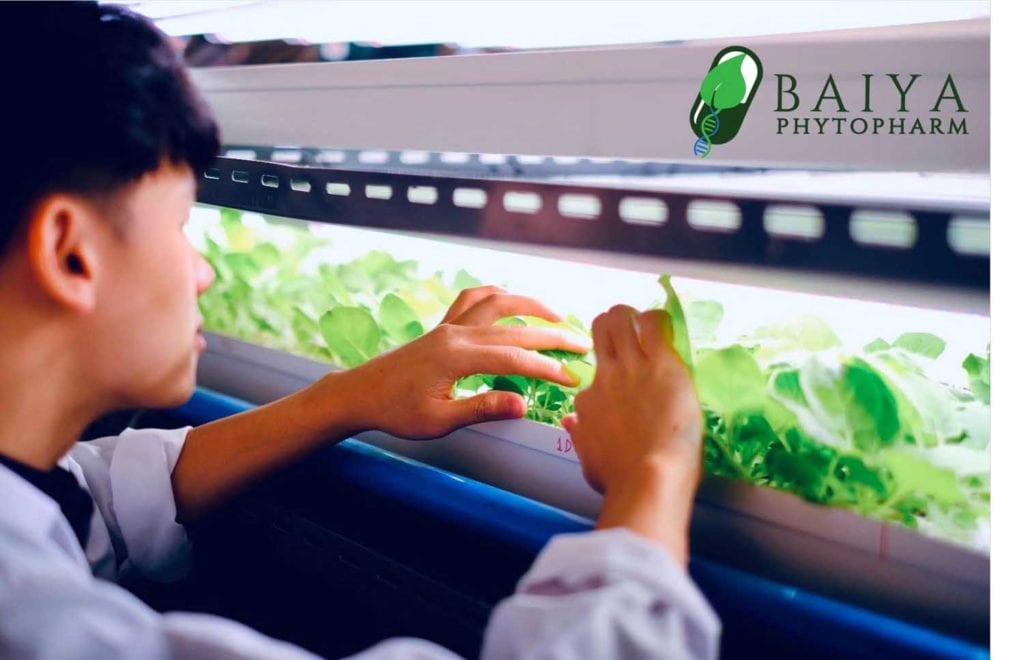Scientists Developing Tobacco-Based Vaccine
- Covid-19 Featured News This Week
- December 28, 2021
- 0
- 2
- 3 minutes read


Scientists in Thailand are using tobacco to develop a vaccine against the Omicron variant of the Coronavirus.
Testing of the Covid-19 vaccine began in 2020, with the next round of human trials due in the spring.
The benefit of tobacco is that it can be grown almost anywhere in the world at low cost, according to the researchers, who are using a low-nicotine variety from Australia. What’s more, because tobacco grows rapidly, it can be turned from a seed into a vaccine within a month.
“It takes only 10 days for us to produce a prototype and… no more than three weeks to test whether that prototype works or not,” Suthira Taychakhoonavudh, chief executive of Baiya Phytopharm, told Sky News.
Baiya Phytopharm uses the harvested leaves as a host to produce proteins that mimic the Covid-19 virus. The leaves are blended and the protein is extracted. When the resulting vaccine is injected into humans it stimulates antibodies to help fight the real virus in the future.
The company must still complete two more sets of trials and needs regulatory approval before its vaccine can be used by the public.
The earliest the vaccine would be cleared for use is late 2022.
Even though other Covid-19 vaccinations are already available, developers say it’s important to continue the project for future health security. “Covid-19 is not going to be the last one, right?” said Baiya Phytopharm’s co-founder and chief technology officer, Waranyoo Phoolcharoen. “You’re going to have so many emerging diseases and if we can develop the vaccine ourselves, then we don’t have to rely on vaccines from other countries.”
Baiya Phytopharm is not the only company using tobacco to develop a Covid-19 vaccine. British American Tobacco and Medicago—a firm back by Philip Morris International—are also working on plant-based serums.
In early December, Medicago said its vaccine candidate, enhanced by GlaxoSmithKline’s booster, was 75.3 percent effective against the Delta variant of the virus in a late-stage study.
Not everybody is excited about the tobacco industry’s involvement in vaccine development. In 2020, the World Health Organization warned governments about engaging with the tobacco industry over the development of coronavirus vaccines.
Tobacco Reporter profiled Baiya Phytopharm in its November 2020 issue.